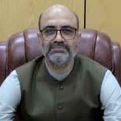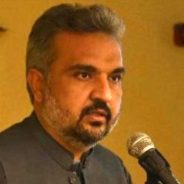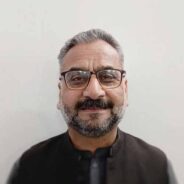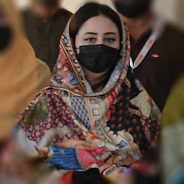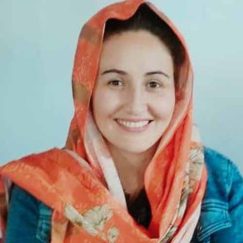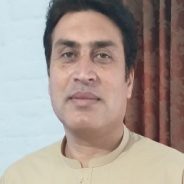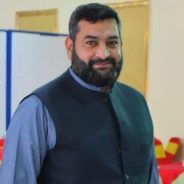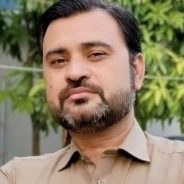INTRODUCTION
Centre for Governance and Public Accountability (CGPA) is a not-for-profit, non-governmental, non-partisan, civil society organization working for the promotion of public accountability and good governance. CGPA was established in 2011, and registered in January 2012 under the Societies Registration Act, 1860. CGPA is governed by a Board of Directors, comprising of seven members.
VISION
To be a leader in research-based advocacy and capacity building on governance and public accountability in Pakistan.
MISSION
Realization of just, inclusive and equitable society where citizens can lead their political, social, and economic life to their full potentialities with lasting peace, rule of law, and democracy
BACKGROUND
The establishment of CGPA stems from the realization that failure of governance and lack of public accountability has led to a trust deficit between state and society in Pakistan. The importance of good governance, rule of law and public accountability for stabilization and conflict transformation cannot be overlooked. This is specifically true about the areas, which are worst affected by conflict and terrorism in Pakistan.
CGPA believes that key to resolving conflict and underdevelopment in Pakistan is bridging the gap between citizens and state and building citizens’ trust in state institutions. CGPA approaches this issue by articulating and promoting citizens’ voices on key governance issues and strengthening state’s response to citizens’ grievances. Generating active and responsible citizenry is central to CGPA strategy for public accountability. CGPA believes in constructive engagement with state entities for promotion of organization’s objectives.
List of BOD for the Year 2024
Name | Designation |
|---|---|
Naveed Iqbal | Member |
Wisal Muhammad | Member |
Muslim Khan | Member |
Professor Saleh Muhammad (PhD) | Member |
Mr. Husan Taj | Chairperson |
Advisors

Arsalan Haneef
Arsalan Haneef is a former civil servant who has two master’s degrees—one in economics (Pakistan) and the other in accounting (USA). He started his career as civil servant and worked as advisory consultant also intermittently till 2015 when he left civil service to focus on the work that interests him. For the most part, he has been involved in implementation of PFM reforms at national and sub-national levels. Key areas where he has delivered significant outputs include
- automation of budgeting, accounting and financial reporting system at federal and provincial levels
- Establishment of access to justice fund in the supreme court of Pakistan and citizens-institutions platform for improved service deliver delivery
- Climate change expenditure tracking system and integration of climate considerations in medium-term planning and budgeting process at federal and provincial levels
- Development of labor market information system; (e) performance grants system for federal government;
- Government auditing reforms, including the implementation of Audit Management Information System (AMIS), Citizens Participatory Audits etc.
- E-procurement system in government
- Integration of innovative approaches in public procurements to graduate BISP’s beneficiaries out of poverty
- Innovative service delivery models in KP and Punjab for provisioning of basic health and education services
- Public private partnerships etc.
He has experience of working with all leading donors i.e. World Bank, USAID, DFID, UNDP, UNIDO, ADB, IFAD. Apart from Pakistan, he has also worked in Egypt, Austria, India, UAE, Norway, the Philippine and several countries of West Africa.
